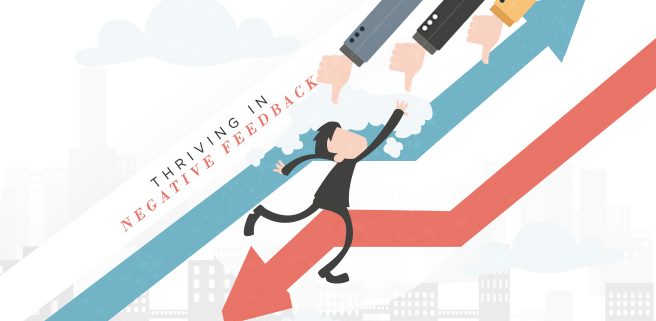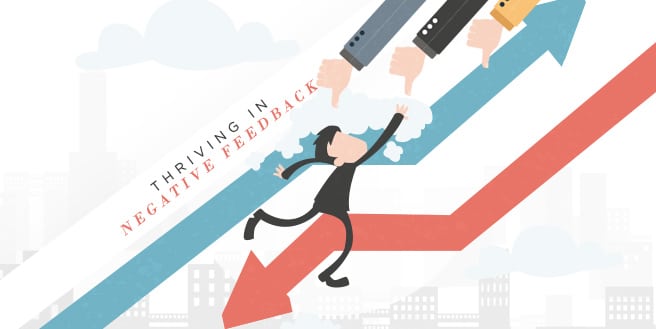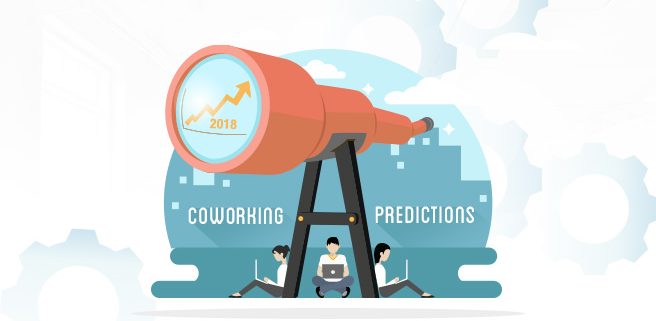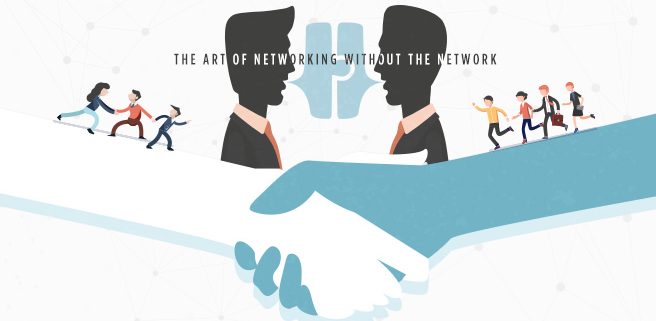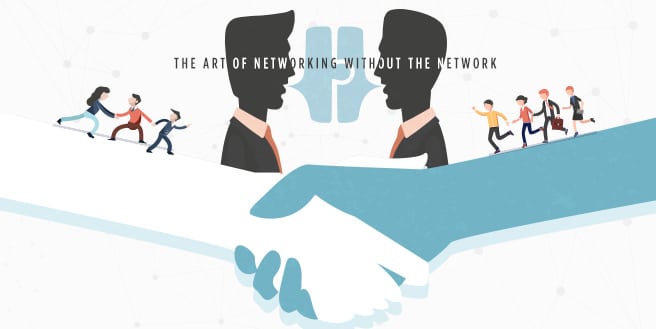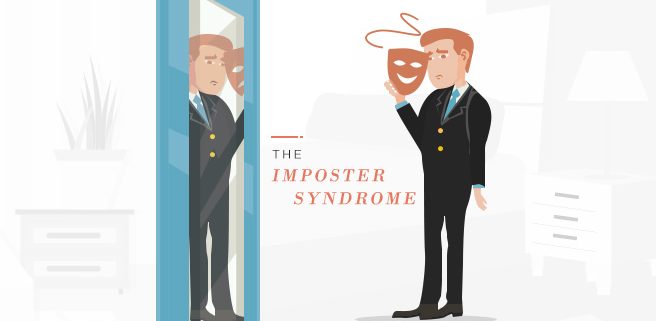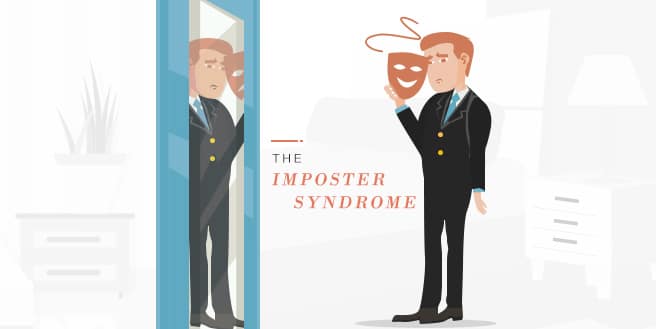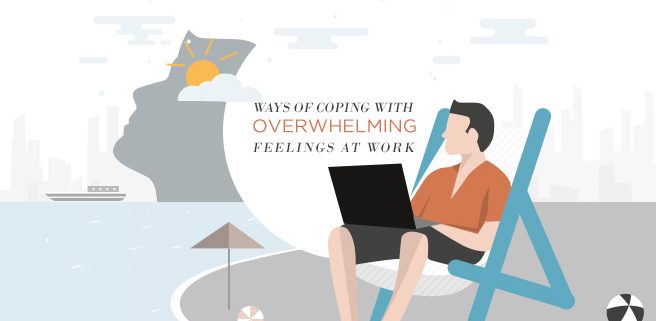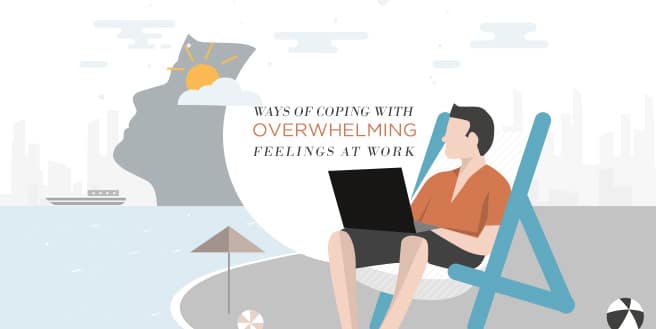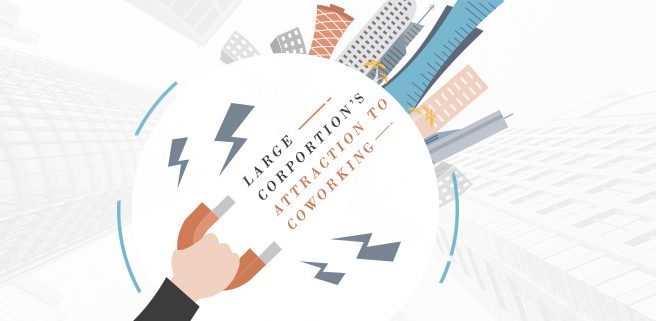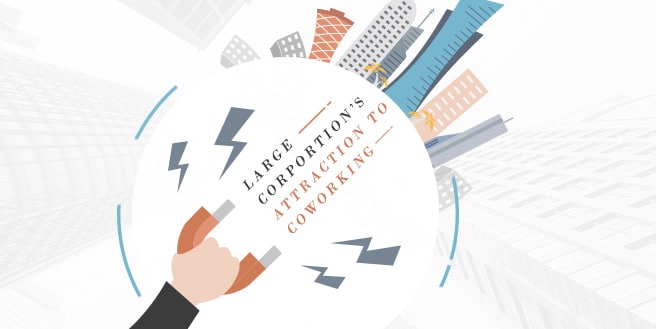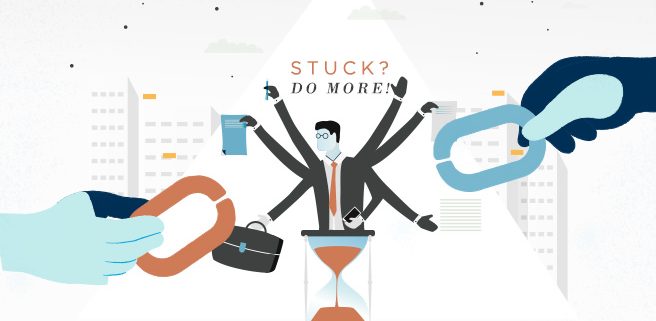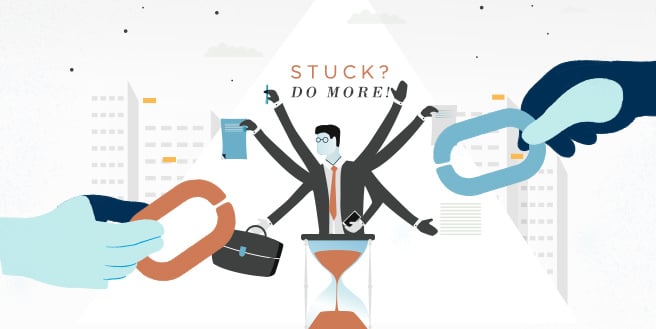Thriving in Negative Feedback and Receiving it Like a Pro
Admittedly, we are all afraid of committing mistakes.
The idea of being called out for an error we might’ve missed and risking one’s reputation is something that we’re not entirely comfortable with. Nor are we fond of receiving negative feedback from either friends or colleagues.
Though we tend to fear feedback, it’s actually much more vital than we actually think. One good example of this was the calamity Facebook faced back in April 2013. The team launched the application Facebook Home with the promise of changing the “look and feel” of a person’s phone. The main idea is that it would transform a user’s default screen into a Facebook wrapper – allowing them to utilize their accounts without the need for them to log in.
Much to the surprise of the general public, the app failed due to what was presumed to be negligence by its creators. It seemed like they forgot the existence of Android systems, leading them to run majority of the tests in iOS devices.
One would think that the minds working behind the multi-million social media website would have the appropriate know-how to develop an application but even experts are prone to error as well.
Had they been able to collect customer feedback while developing the aforementioned program, it could’ve made a big difference but the agitation they presumably felt towards criticism is a natural thing for us humans.
Our innate agitation towards disapproval comes from our disliking for being wrong, and though it can actually be seen as constructive, most of us would feel like it’s some sort of personal attack. It leads us to start pointing our fingers towards external forces and sometimes even other people for our mistakes. We make outside attributions and would rather blame luck, other people’s flaws and even circumstances that are beyond one’s control instead of coming face to face with the mistake they’ve made.
In worst cases, people would be too closed off to entertain outside input that they no longer care about other people’s perspective. Leaders who have reached a certain degree of success are more often susceptible to becoming overconfident with themselves – they use their power to shut those who would disagree with their opinions or decisions.
Whenever we avoid feedback, we risk both of our personal and professional growth. We are letting ourselves off the hook whenever we deny responsibility for our actions and the more that we do this, the less we believe that we are the own makers of our success.
Moreover, the possible consequences it could bring to your business can be disastrous. Hence, it’s important for us to learn how to take criticism like an expert.
Get Feedback and Receive it like a Pro
Becoming a true professional means knowing how to accept criticism without viewing it as a form of personal attack. It means becoming comfortable with evaluating each comment other and seeing how one should react to it. The ability to take an objective look at each comment gives you points in which areas are in need of improvement.
Its best to come into terms with yourself that everyone is subjected to criticism early into your career. Its helps keep your ego in check and makes you feel much happier with your work. By anticipating feedback, you are allowing yourself to make mistakes ever so often and this trains you to see it as a chance of refining your craft.
Certain individuals or teams aim to get feedback as soon as possible in order for them to get things right immediately – saving them time, effort and even money before launching a product or service.
And this prompt need for reviews is one of the main reasons why the seemingly unorthodox coworking movement is so popular among startups and even large companies.
Founder of Link Coworking, Liz Elam, says in an Inc.Com article that its intangible benefit of a diverse community encompass the traditional networking. Providers focus on curating an encouraging clique that makes opening your own business a little less scary. Members will give you honest feedback with a snap of a finger and will cheer you on as you check off company goals.
Craig Baute, owner of Creative Density, further adds that the aforementioned free flowing evaluation is a key benefit for entrepreneurs. Unlike in conventional offices, brainstorming sessions can take place anytime within the open space.
Successful people will tell you that each of them have been on the receiving end of criticism at some point. Furthermore, they’ll advise you to not be afraid of it. Because if we are as committed as we say we are to a project or venture, we’ll learn how to use them to our advantage instead of letting it hold us back.
See how feedback can be the best gift you can ever receive – or give – by joining Sales Rain’s first ever coworking space.

